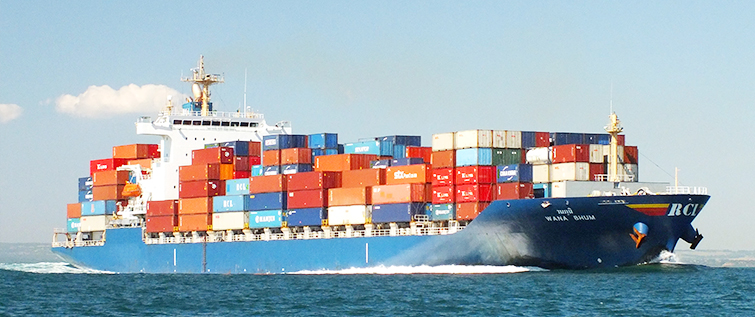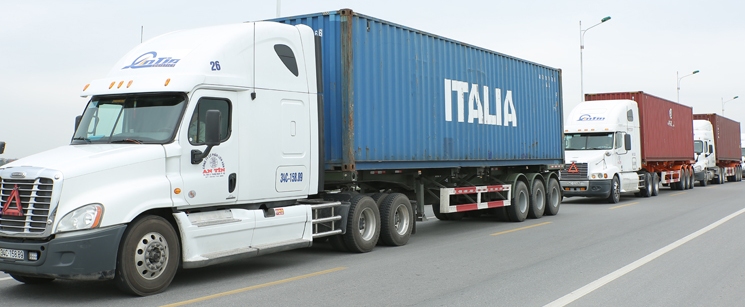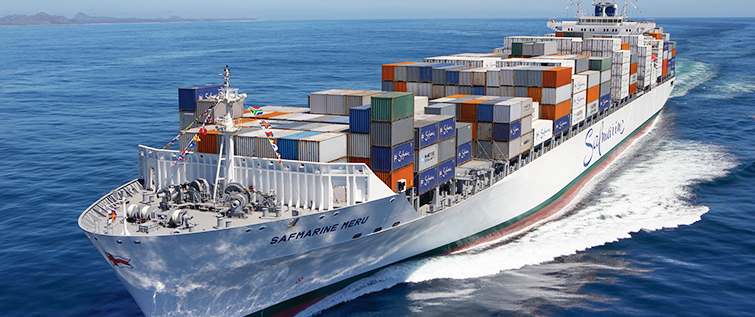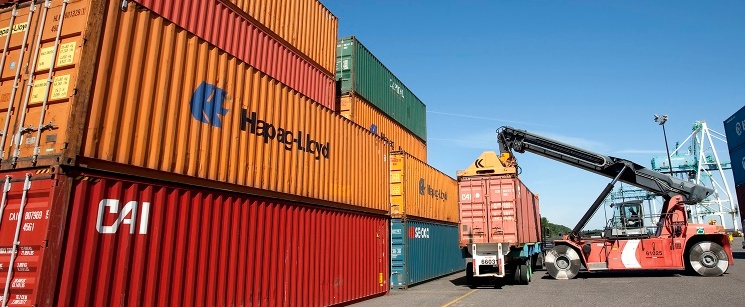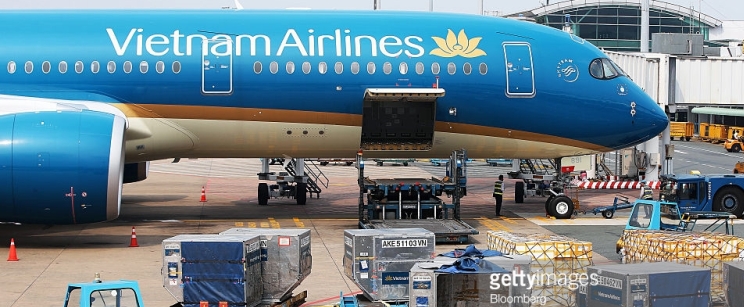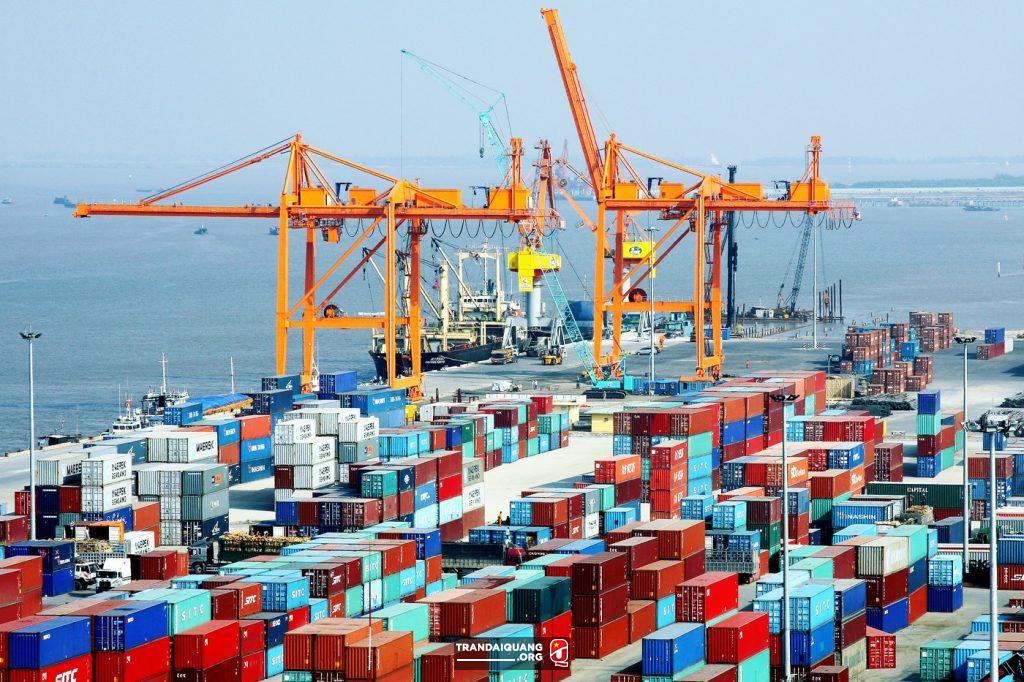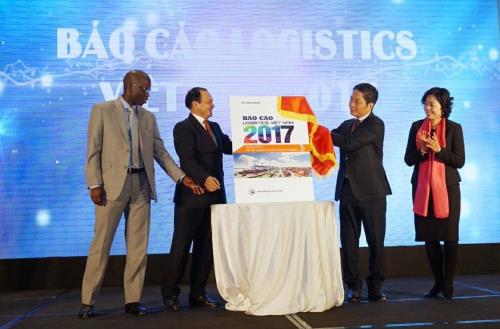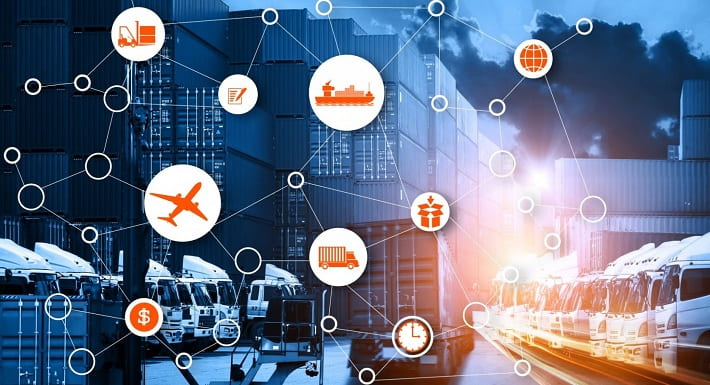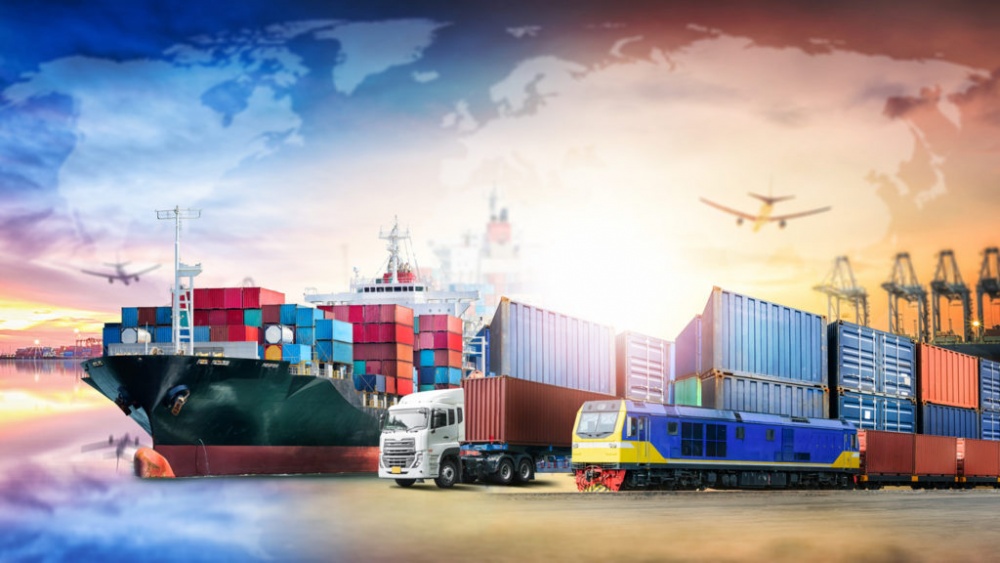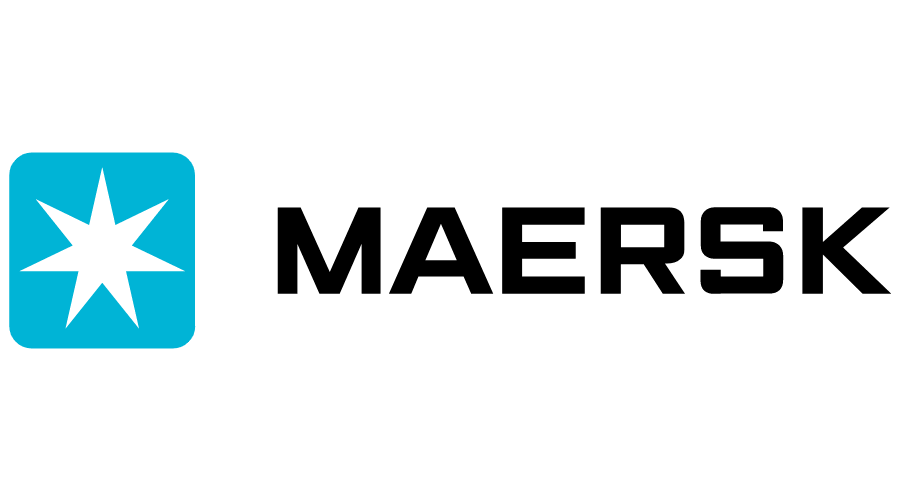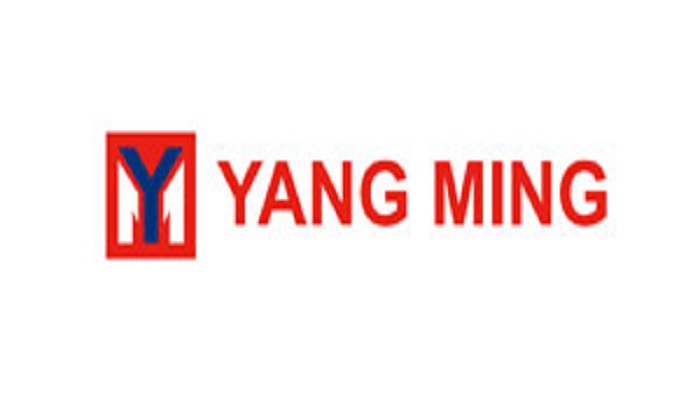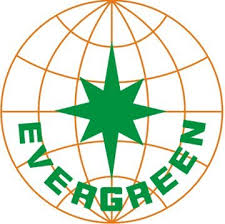Global Logistics Trends 2019
In the age of technology 4.0, the logistics industry is developing strongly with great changes. Companies that capture and master these technological advances will gain superiority over competitors. Here are the global logistic trends for 2019, please take a look!
Big data
Big Data is a familiar term over the years. Indeed, any logistics company that wants to survive or lead needs to rely on big data.
98% of 3rd party logistics companies (3PL) and 93% of shippers believe that data-based decision making is a necessity for supply chain operations.
Logistics service providers realize that big data has an important value that if used well, they can change the way they operate and increase their competitiveness in the long run.
In addition to the development opportunities, big data also presents challenges for the logistics industry. Firstly, manual paper-based processes, lack of cooperation and lack of vision in operations. Changing management is very important and special, having a good Technology Director will bring many benefits for businesses.
Other issues to consider are the lack of connection between stakeholders, low quality data, lack of data integration, lack of data analysis experts and other security issues.
Supply chain analysis platform
Data is like "gold" for logistics services, companies that do not invest in analysis will face the risk of high disintegration.
No one wants to cooperate with a company that does not understand the processes and the ability to optimize data processing effectively.
With this analysis, businesses can predict and meet market needs more effectively. You can also manage relationships with service providers, suppliers and customers while improving the process.
Using advanced analysis in transport management network to review historical traffic models, you can plan the route of the truck so that the interval optimization, ensure goods delivered on time.
Internet of Things (IoT)
The Internet of things is often called the network of Internet-connected devices - a hot topic in logistics. Setting an IoT device on all containers, shipments and receiving real-time data, businesses can collect information to determine general trends, use it to optimize operations. in the future.
IoT will be applied in warehouse management, warehouse management system, data delivery, conversion, arranging information about shelves will be transported and updated information into the system of the parties mandarin
You will provide customers with better services, reducing shipping costs. Besides tracking orders, IoT can also be like a small computer, monitoring the temperature and humidity of the air to ensure goods will not be damaged.
Currently, IoT devices and sensors are being improved and their cost is reduced. This will be a safe and reasonable investment for businesses.
Artificial intelligence (AI)
Artificial intelligence is being applied and drastically changed different industries. Companies eliminate a lot of manual work, making the process faster, more efficient.
When customers live in a "I want now" world, AI has a very important meaning.
By their algorithms, AI can predict whether orders are shipped on time based on past weather and performance conditions.
When using AI, collecting, synthesizing and harmonizing accurate data from different sources (from old systems, cloud applications, IoT devices) is very important to be able to recognize trends and understanding customers. The main data is fuel for AI, the more information you have, the more intelligent you can use AI.
Machine learning (Machine learning)
Machine learning is an area of artificial intelligence that involves researching and building techniques that allow automated "learning" systems from data to solve specific problems.
Learning machine as a blood vessel of AI, without it, AI cannot grow.
Based on user history, AI and machine learning can learn a lot about hobbies, habits and give customers reasonable suggestions with high accuracy. Transport companies can use AI and learn machines to transform logistics and provide special values for their ecosystems.
Businesses can use machine learning to detect fraudulent bills or predict the future, such as delays in air transport or upcoming cargo needs to facilitate proper planning. In addition to limiting risks, it can be used to improve and optimize routes.
Supply chain integration
Integrating hard supply chains means that all stakeholders are connected, they can share data to collaborate and be more transparent. It will strengthen the relationship with the company's trading partners and achieve positive signs of experience for customers.
B2B supply chain integration is of strategic importance for businesses. It can help save costs, significantly reduce gross profit margins and improve profitability.
However, the supply chain integration is a big challenge. Integration always requires a large investment and most integrated projects fail. Many companies try to integrate themselves, but waste time because there are not enough tools to develop this integration.
Another major barrier to integration is that businesses use large systems. Some businesses still operate on older systems, others start using cloud technology or Saas applications. Each system has a different data format is also a problem that supply chain integration needs to solve.
Blockchain
Blockchain is an emerging technology concept that allows storing decentralized and unchanging data. It allows secure data transmission based on extremely complex coding system.
Blockchain is an accounting ledger that works in the digital field.
Blockchain is considered as a tool to improve payment handling safely. It can record transactions between two parties without a reliable intermediary. Blockchain information cannot be changed and only added when there is consensus of all nodes in the system.
For logistics and supply chain, Blockchain can bring more transparency that many people are seeking to improve in the coming years. Logistics businesses can use Blockchain in verifying the source of fuel in shipping, identifying fake products or tracking supplies.
Oppotunity and challenge
2019 - year of digital transformation. Choosing to apply technology and finding accurate service providers can change drastically, even revolutionizing enterprise logistics. However, the use of these technologies may develop or disrupt your company's operations. Consider carefully and make sure there is a specific plan for integrating technologies together. Master the game, you will definitely benefit from them.
 Korean pilot application of blockchain for logistics innovation in Busan port
Korean pilot application of blockchain for logistics innovation in Busan port
 Many prospects for seaport enterprises in 2019
Many prospects for seaport enterprises in 2019
 Vietnam logistics mainstream trend: Exploding logistics in e-commerce, strengthening sector M&A
Vietnam logistics mainstream trend: Exploding logistics in e-commerce, strengthening sector M&A
 Deputy Prime Minister: Logistics Vietnam is 'backwards' to the world
Deputy Prime Minister: Logistics Vietnam is 'backwards' to the world
 Developing logistics at new heights to avoid lagging
Developing logistics at new heights to avoid lagging
 Trend Logistics Logistics Industrial Revolution 4.0
Trend Logistics Logistics Industrial Revolution 4.0
 Bui Thien Thu: Capacity to reduce logistics costs
Bui Thien Thu: Capacity to reduce logistics costs
 Thailand called for cooperation with Vietnam logistics sector
Thailand called for cooperation with Vietnam logistics sector
 Logistics: Cuộc chiến vương quyền 3PL
Logistics: Cuộc chiến vương quyền 3PL
 The challenge for businesses of Vietnam Logistics
The challenge for businesses of Vietnam Logistics





